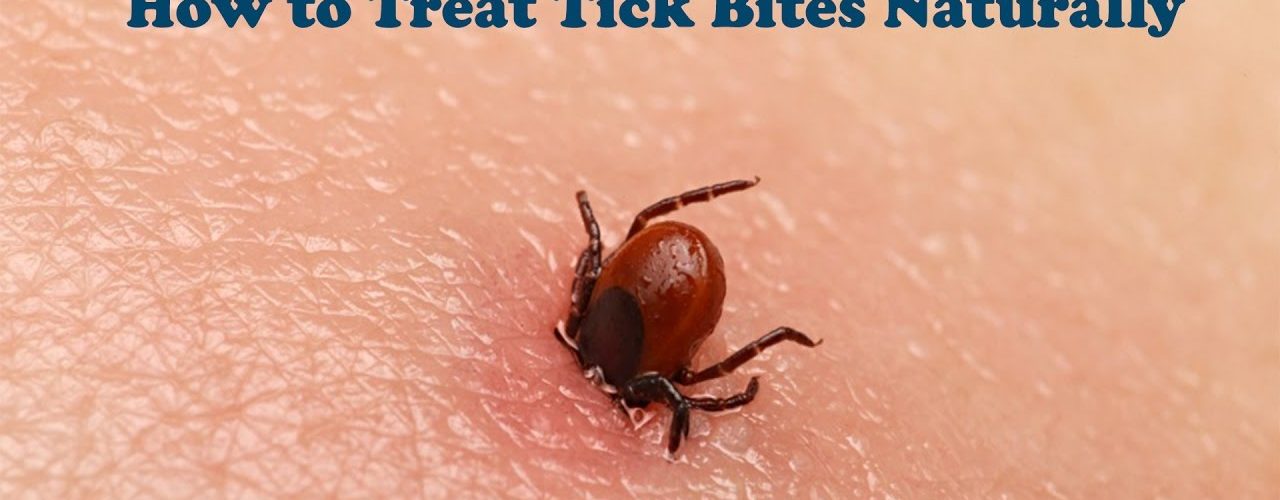When you find yourself walking in the mountains, forests, or grassy areas, you should be careful and watch out for ticks. Ticks are tiny parasites that latch on to their victims by employing a scary set of teeth. They will not let go after they bite on to the host until they are completely swollen with the sufferer’s blood. Even though these types of bites do not hurt usually, tick bites can cause life threatening diseases like Rocky Mountain spotted fever and Lyme disease.
Occasionally, their bites have created an anaphylatctic, or a sudden, allergic reaction that led the sufferer to instantly cease breathing and die right then and there. In a critical situation such as this one, it is helpful for an individual to be aware of the proper means of treating tick bites, so that he or she is capable of stopping infections and even allergic reactions. This article covers the most effective ways to do this.
First Aid Preparation
Where any type of medical emergency is present, first aid is the best and most effective means of helping or saving the victim. First, obtain an ice pack to place right atop the bite itself. For one thing, the cold temperature’s effects will alleviate any potential swelling, as well as deadening the pain, in the affected place. Ice packs for the great outdoors are available, and the best element that they feature is that they do not require refrigeration or cooling to stay cold. A person who goes walking outside should carry a first aid kit with them at all times, and this kit should include several of these refrigeration-less ice packs.
You should not ever, never attempt to physically affect the area of the bite or surrounding places. Believe it or not, if you scratch the bitten area, then you could even force the bacteria to travel more inside the body, increasing the chances of a potential infection. When the bite itches unbearably, carefully apply a topical cream which will aid in lessoning the itching sensations. Do not cover the bite with the ointment or cream, though.
Visiting the Doctor
Once you have returned to civilization, you should go to see a doctor at once and tell him or her the story of what occurred. The doctor is able to give you a series of antihistamines or antibiotics to prevent any diseases and their accompanying symptoms from affecting you, should he or she turn out to be worried about the signs or possibility of infection or possibly worse, an allergic reaction. Following the visit, if you experience any symptoms of chills, rashes, or fevers, then you should go back to see your doctor as soon as possible to take the necessary next steps for effective treatment.
Prevention Is Still the Best Cure
Naturally, the most effective treatment for handling tick bites is to keep them from happening in the first place. Should you be headed to the forest, the smartest clothing to wear is long pants and a long sleeved shirt. Alternatively, and perhaps more effectively, you are able to apply bug sprays and lotions intended for mosquitoes, since these are also effective against ticks, more or less. If you own and keep pets in your house, then make sure to put them through routine baths which include the generous use of insecticide shampoos in order to stop them from potentially getting a tick or flea infection. Although a tick bite does not typically result in Lyme Disease or Rocky Mountain spotted fever, you are always better off being careful than being sorry, should something unfortunate happen.
Related Posts



